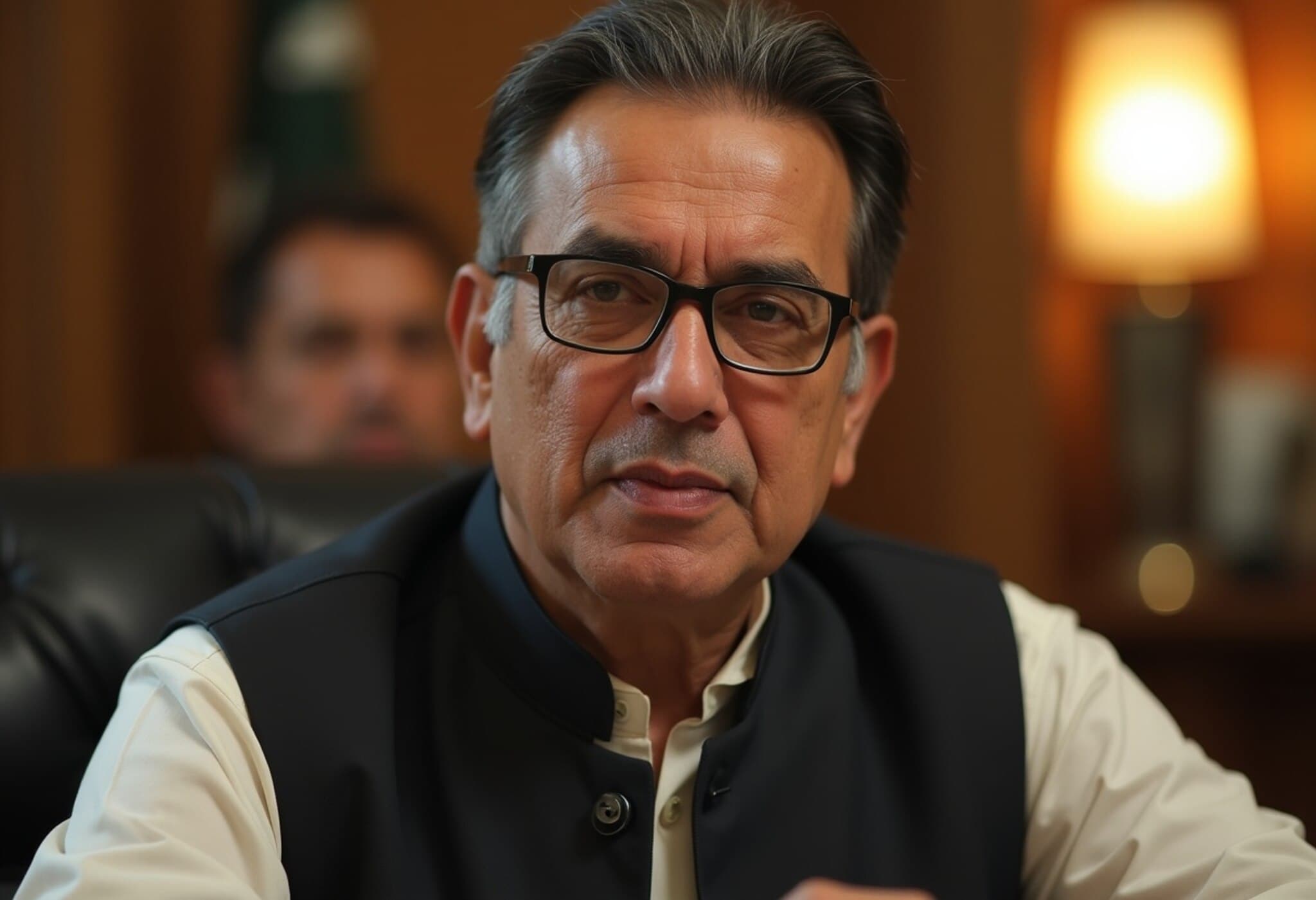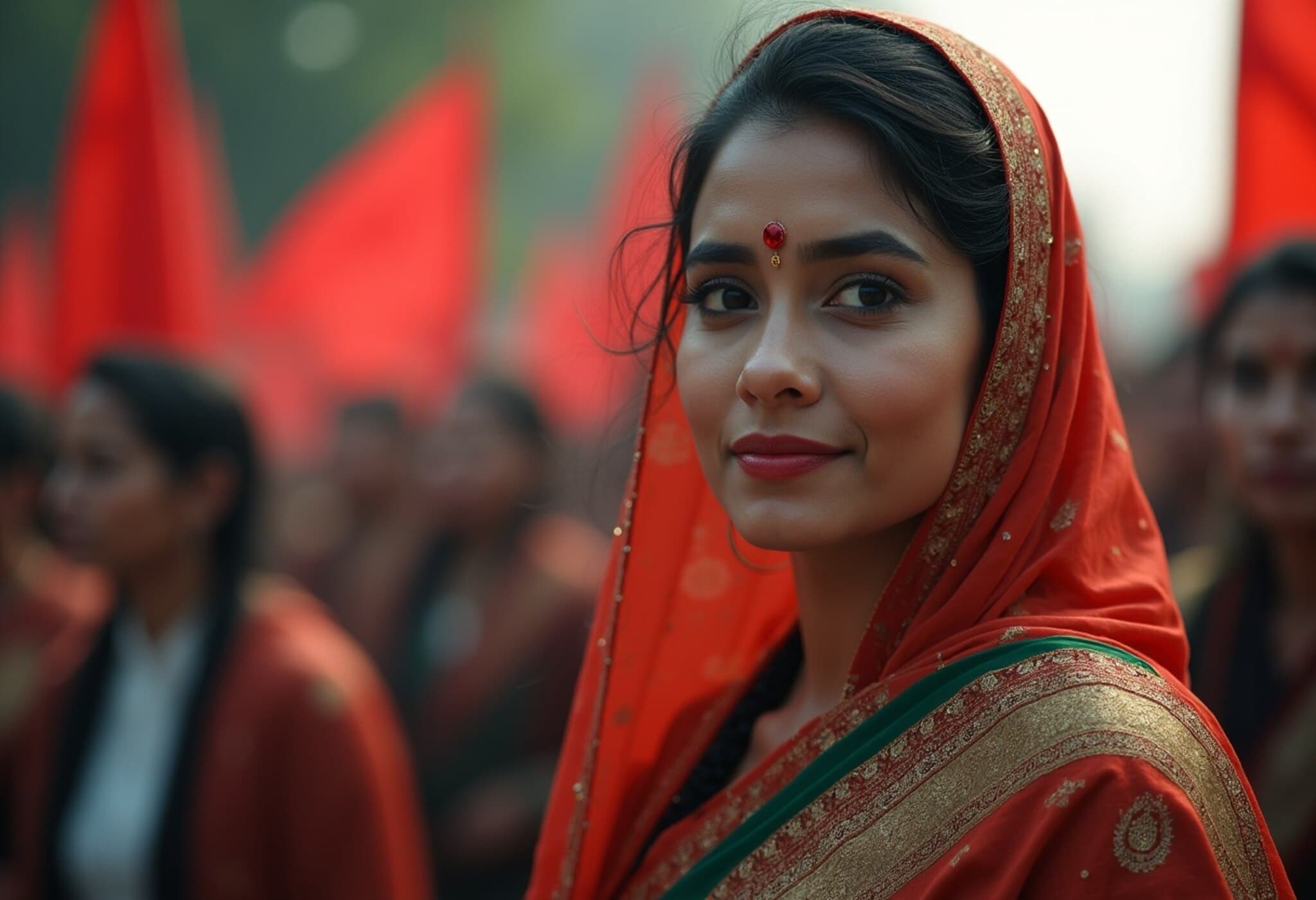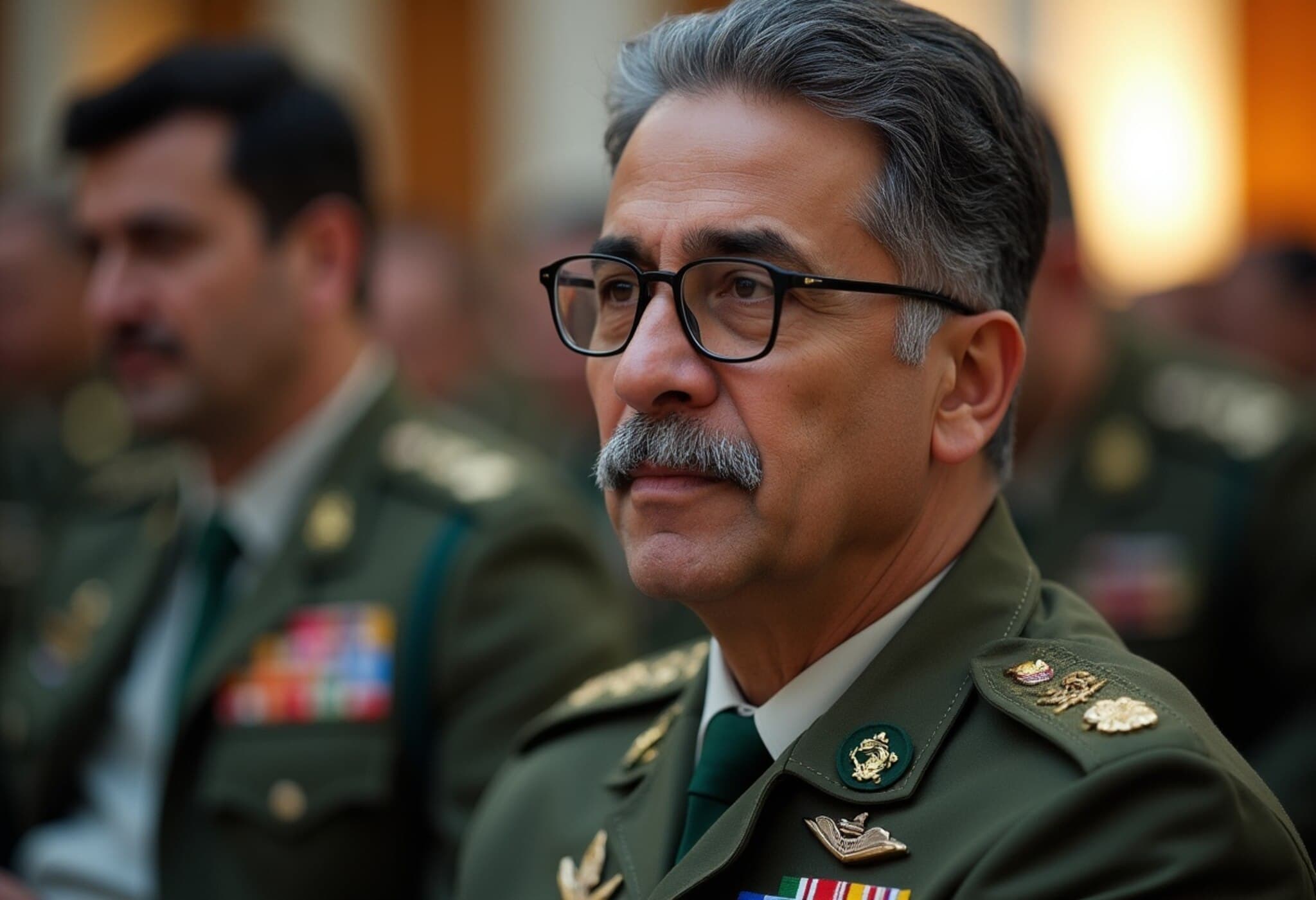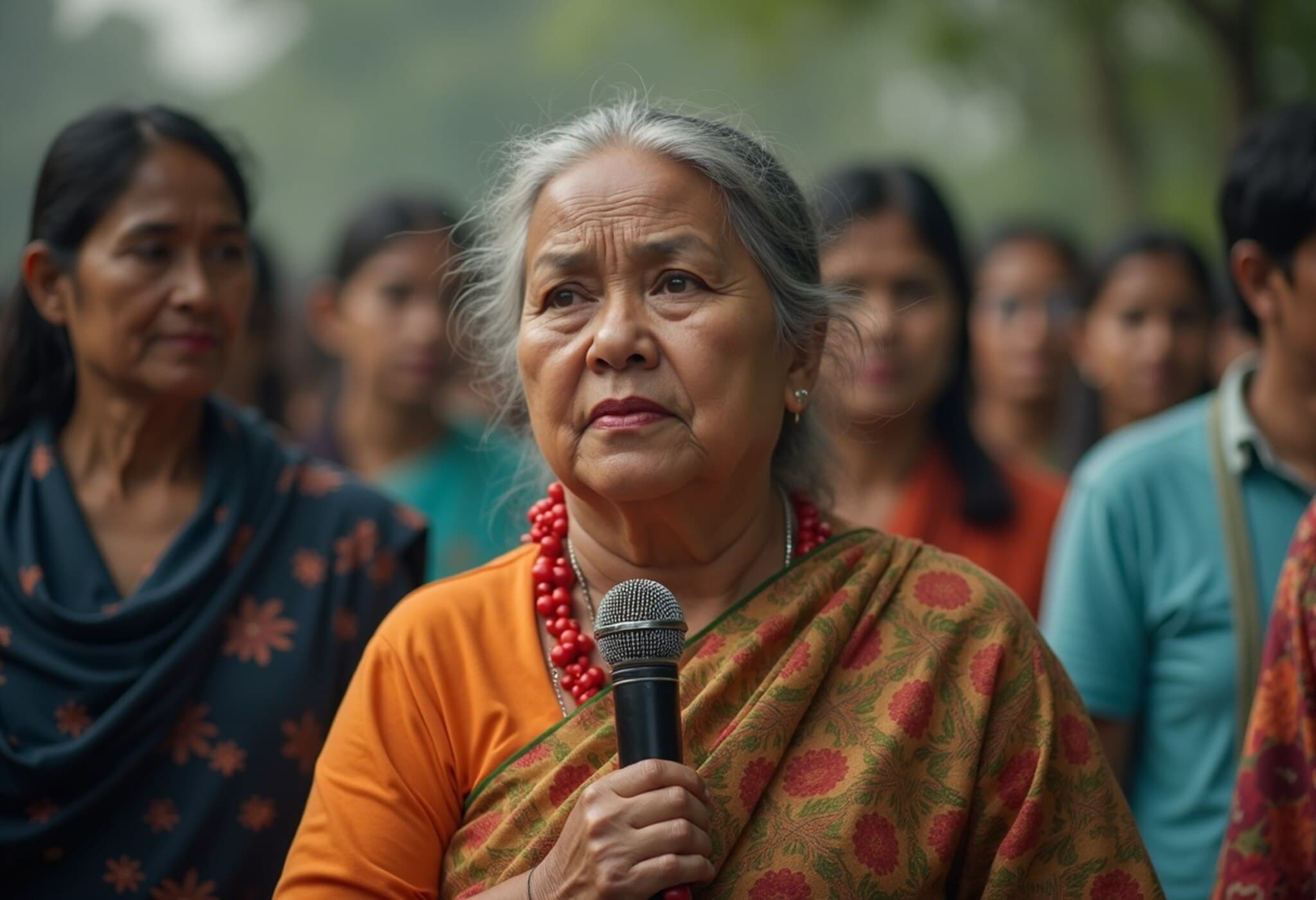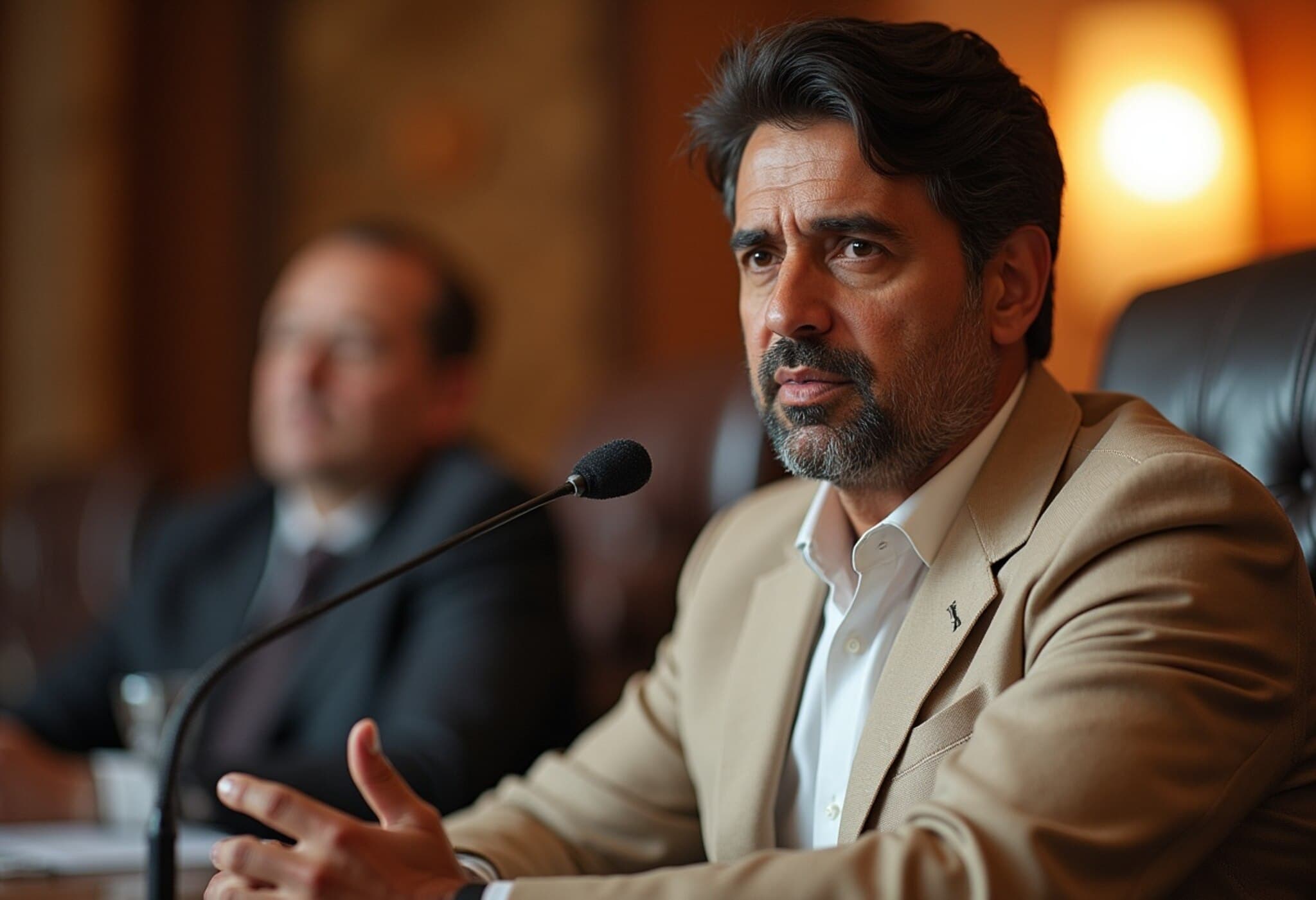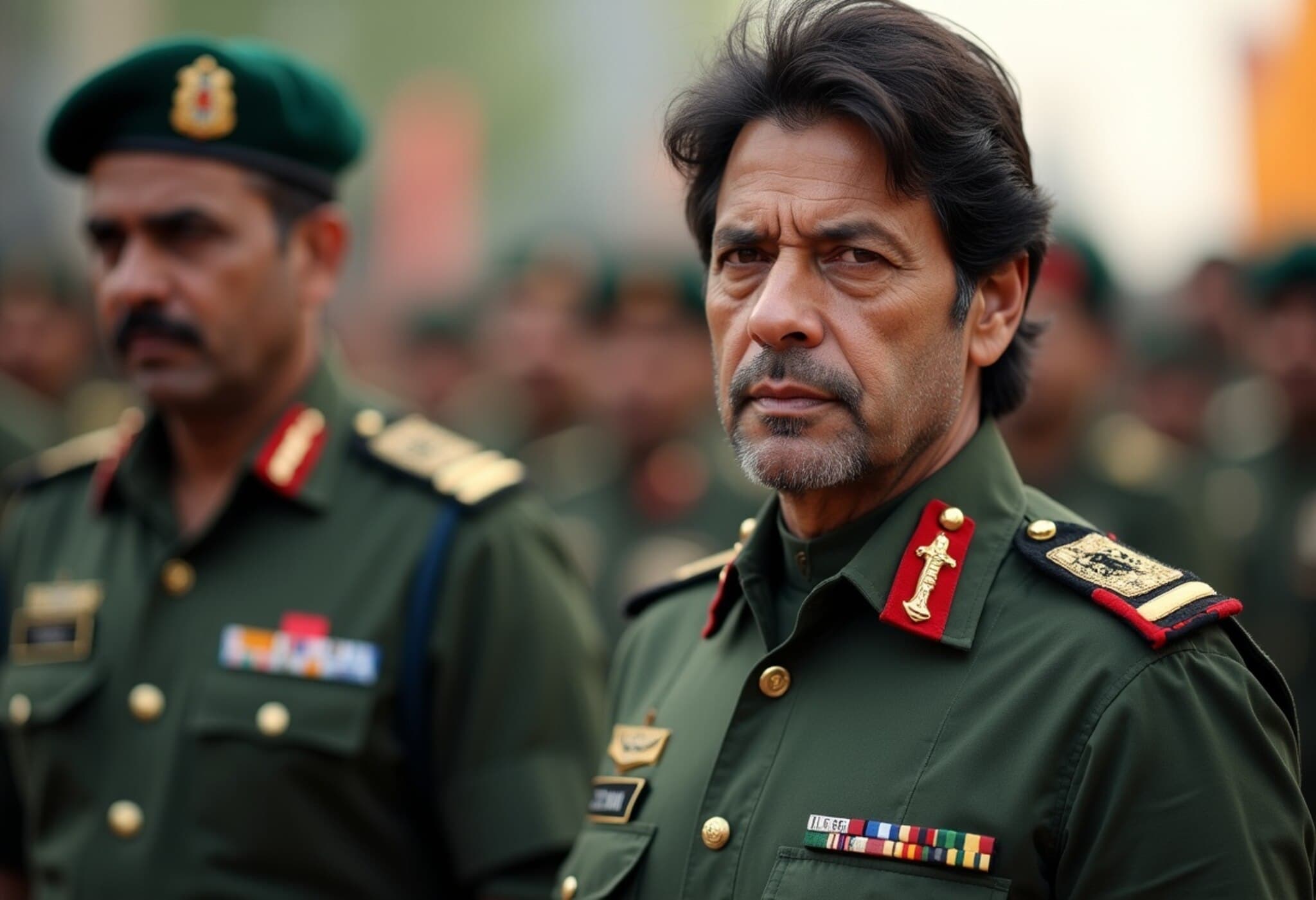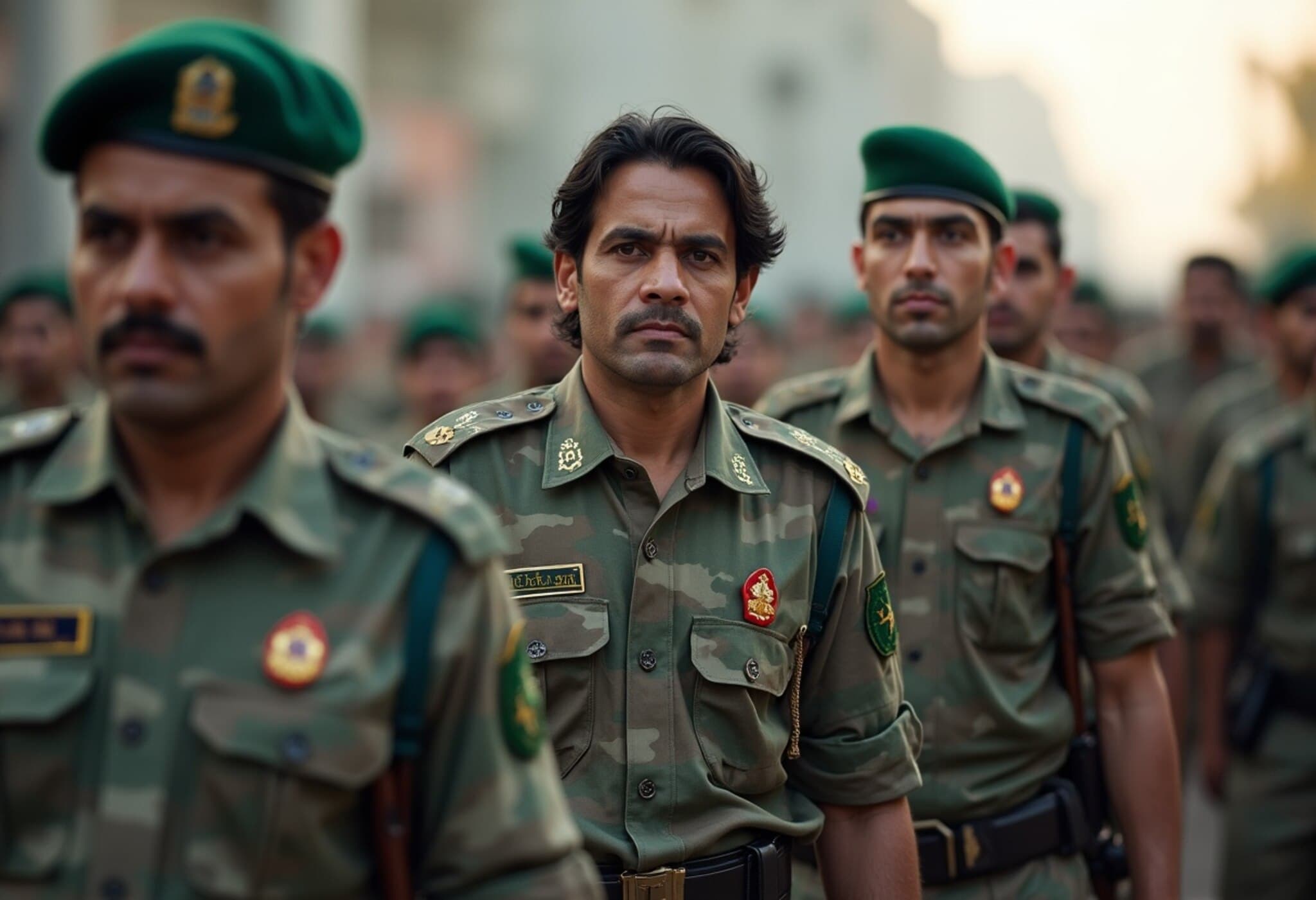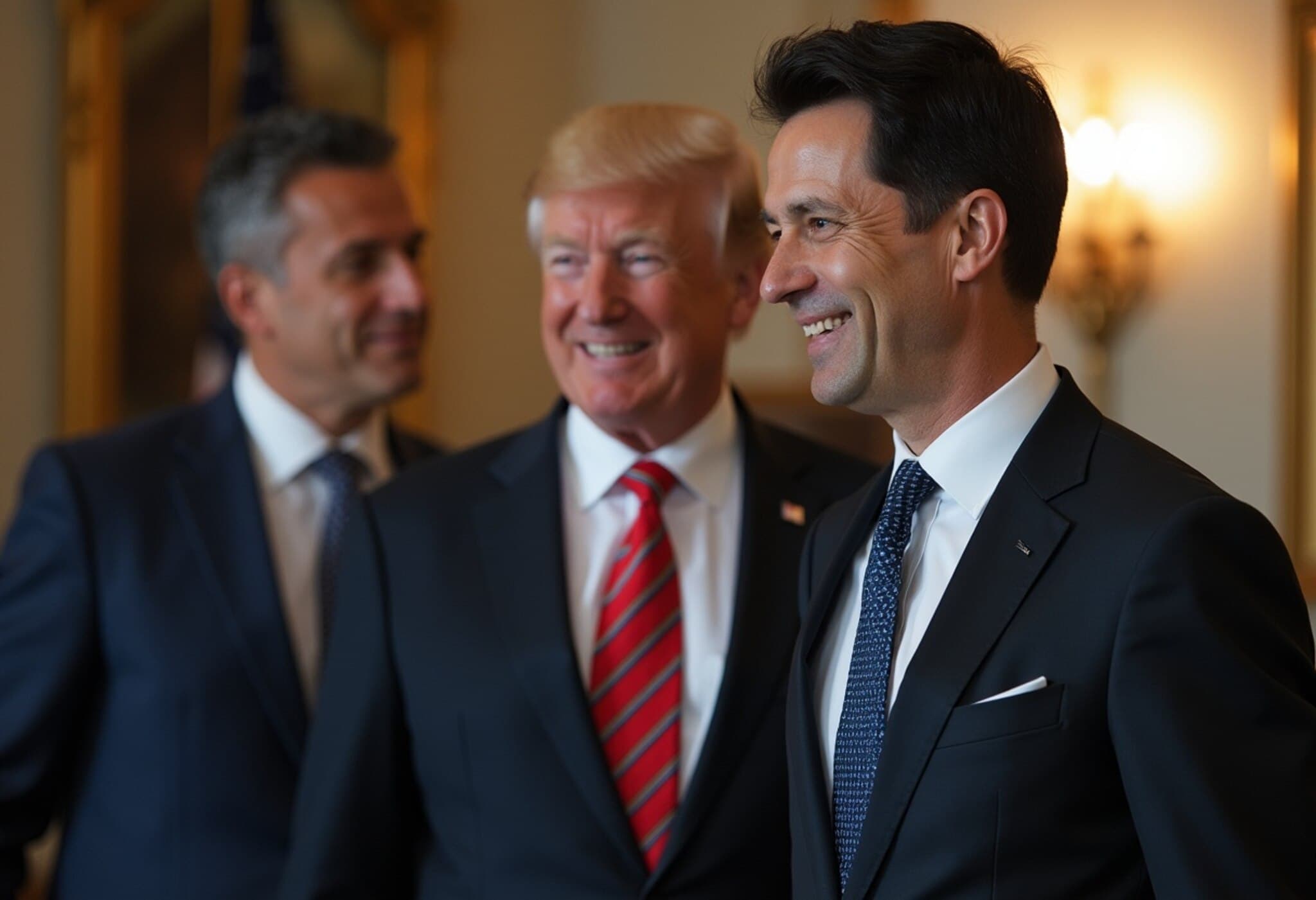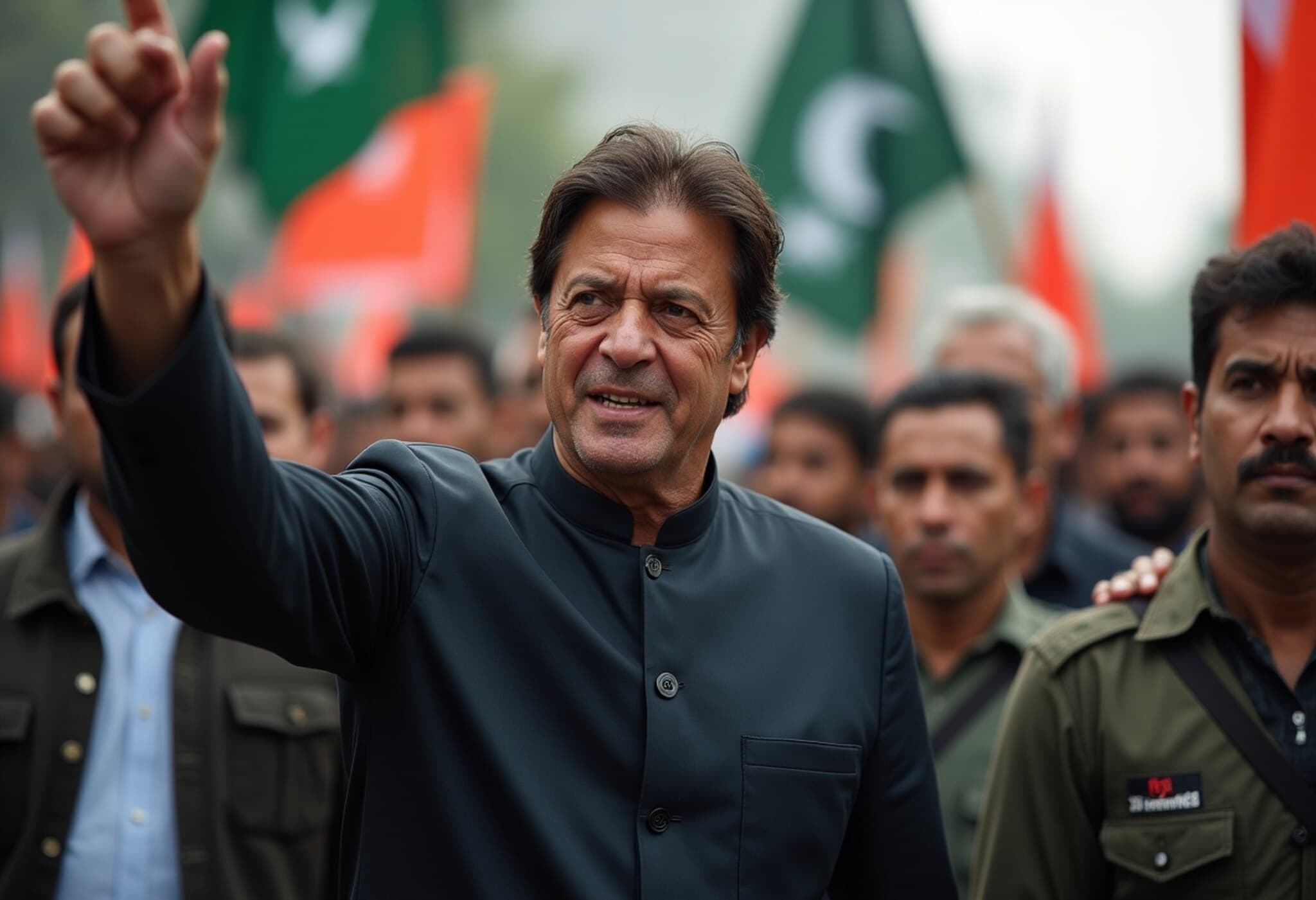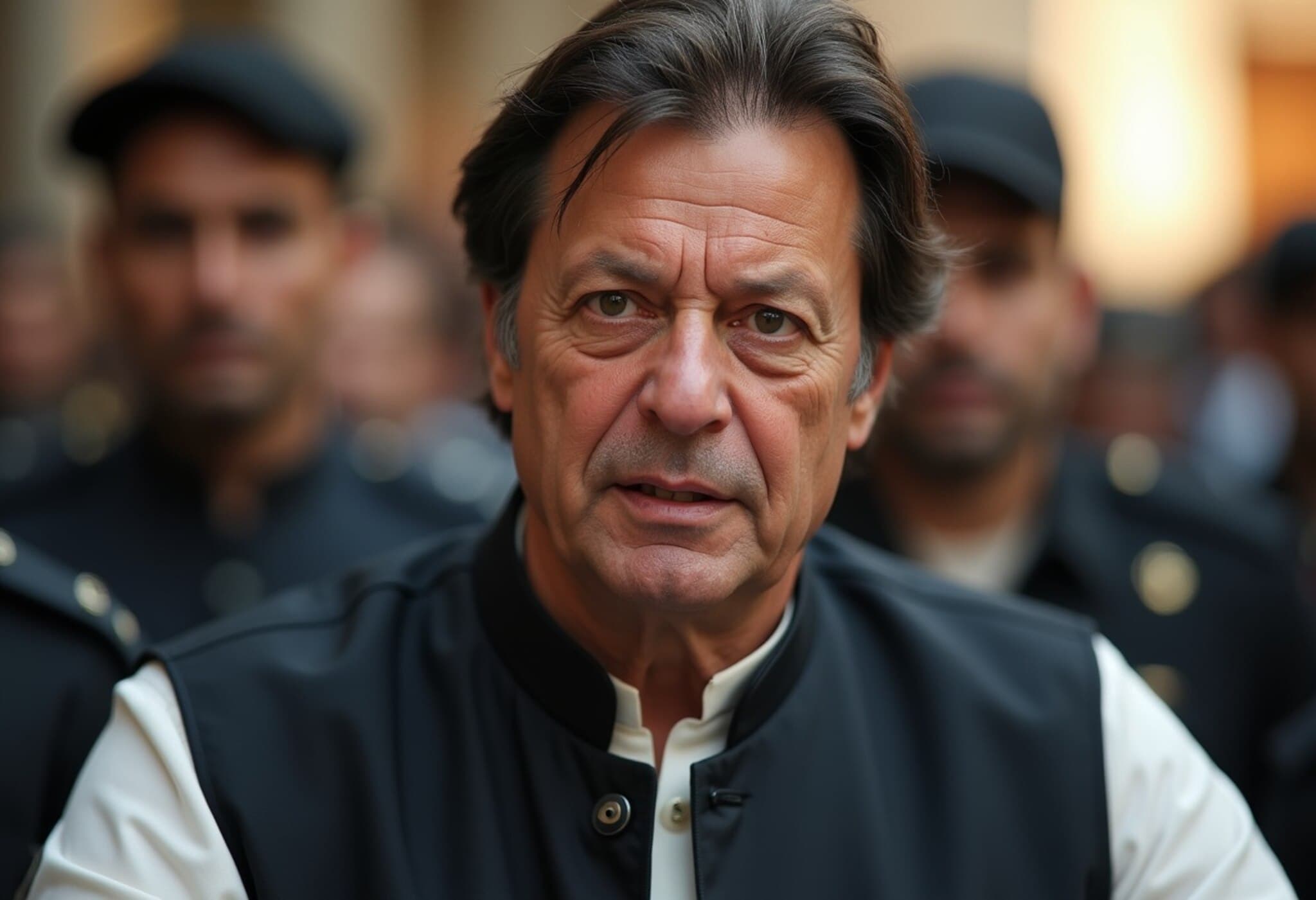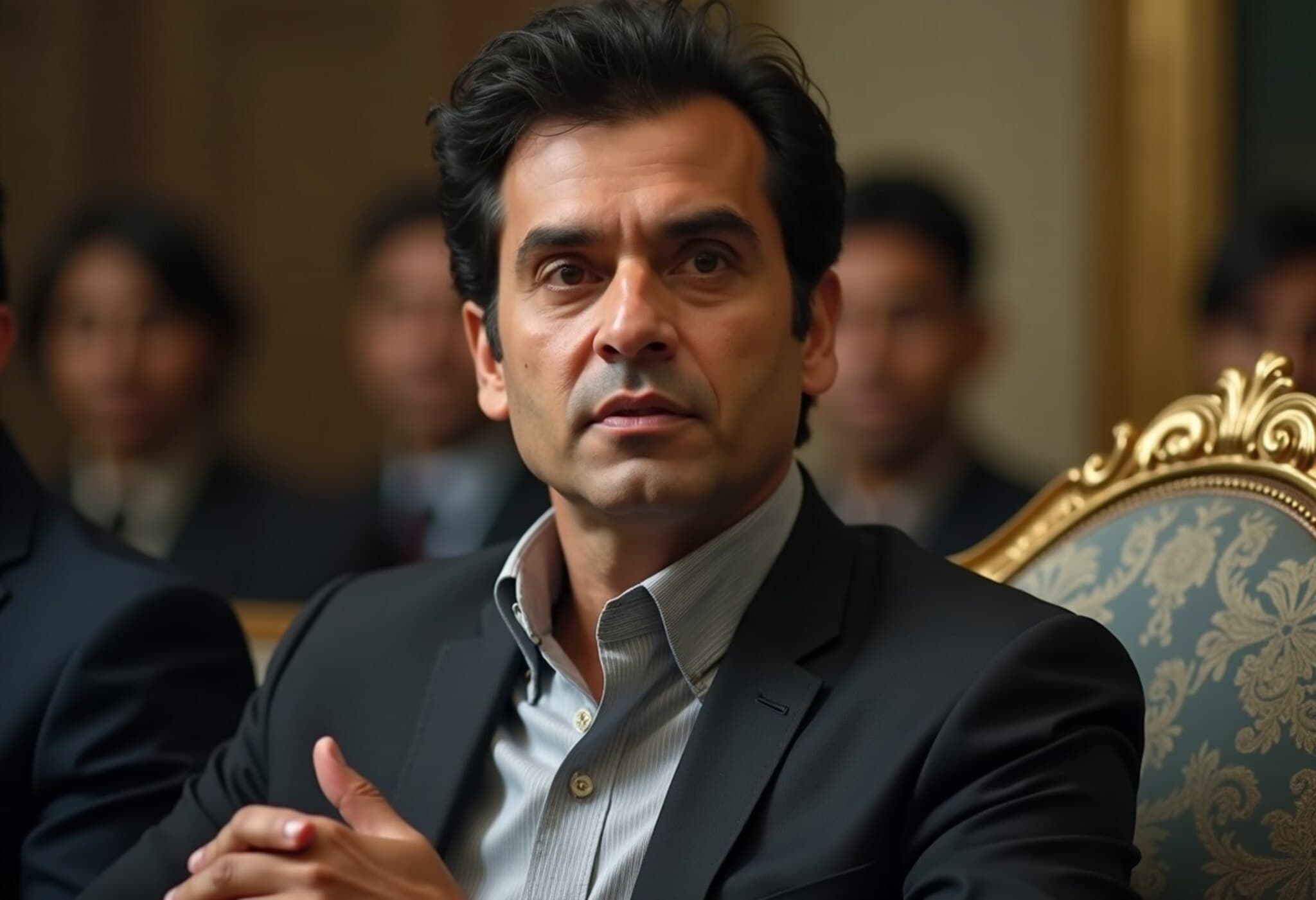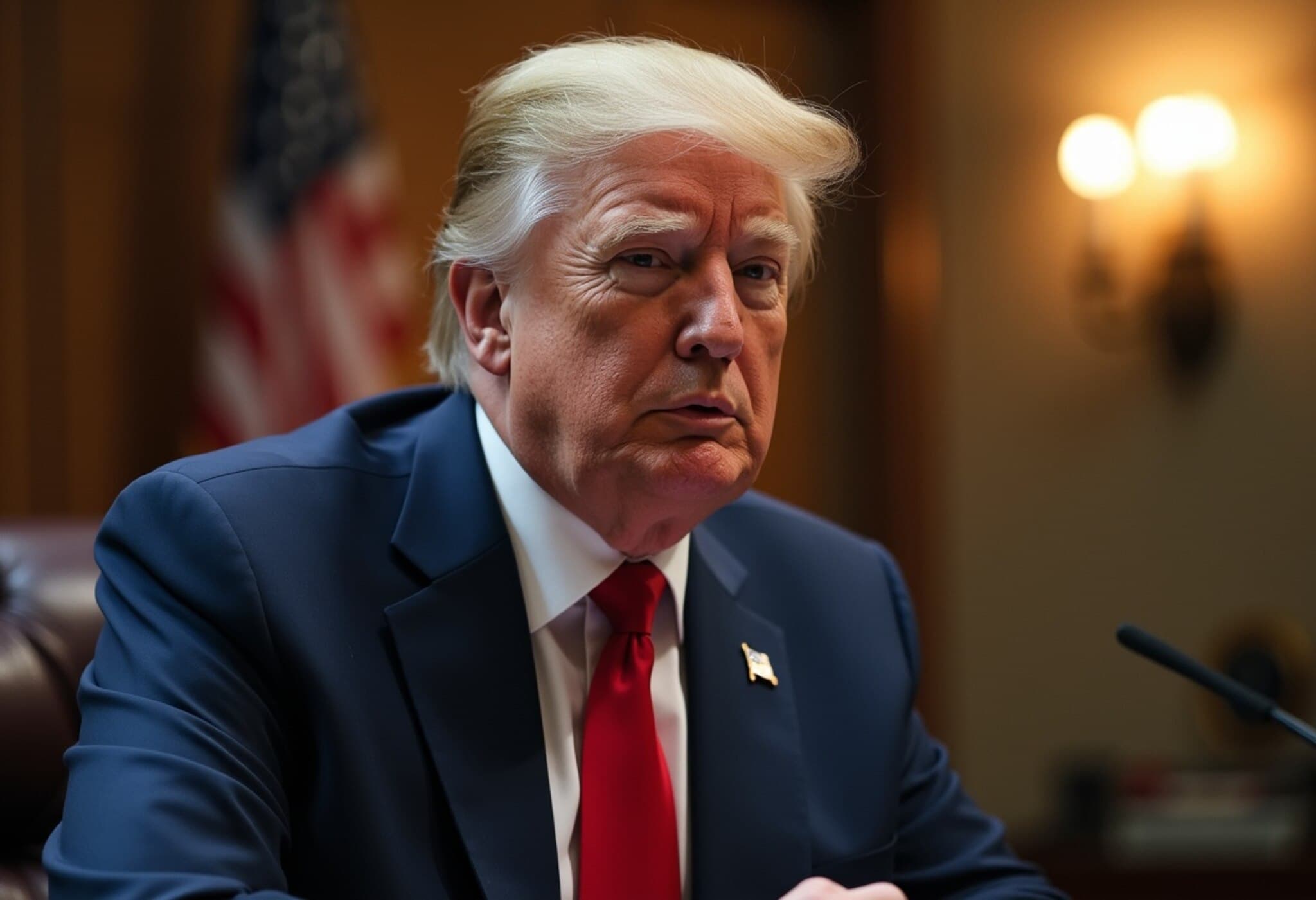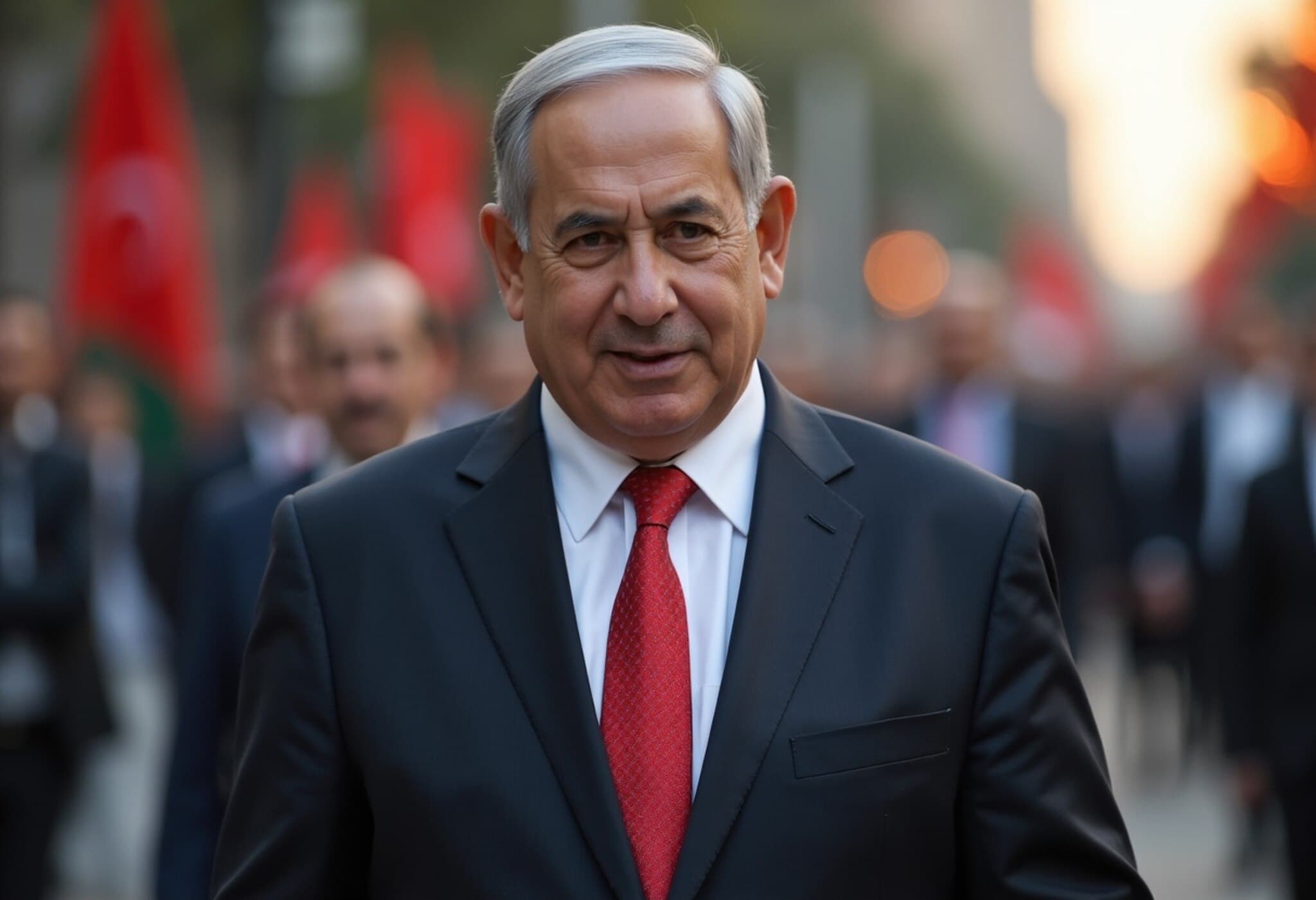Jemima Goldsmith Accuses Pakistan Government of Blocking Contact with Imran Khan
In a sharp escalation of political tensions in Pakistan, Jemima Goldsmith, the ex-wife of former Prime Minister Imran Khan, publicly accused the Pakistani government of denying her sons, Sulaiman and Qasim Khan, contact with their father. Imran Khan has been held in solitary confinement for nearly two years in Rawalpindi’s Adiala Jail.
Threats Against Goldsmith’s Sons Amplify Political Strife
Goldsmith took to social media platform X (formerly Twitter) to reveal that Pakistani authorities warned her sons they would face arrest if they tried to visit their father. "Pakistan’s government has now said if they go there to try to see him, they too will be arrested and put behind bars,” she wrote, condemning the move as a "personal vendetta" rather than a political action.
This statement has stirred domestic and international concern, particularly as Imran Khan’s political party, Pakistan Tehreek-e-Insaf (PTI), accuses the government of intimidation ahead of a significant protest planned for August 5 to mark two years since Khan's imprisonment.
Political Context and Reactions from Pakistani Authorities
The sons of Imran Khan currently reside in the UK and were reportedly considering joining the upcoming protest. However, senior government figures stress security concerns:
- Rana Sanaullah, Adviser to the Prime Minister on Political Affairs, said, “Why won’t they be arrested? If they come to lead a violent movement, the consequences will follow.”
- Aqeel Malik, Pakistan’s Law Minister, warned that access to the country could be denied if their intention is “to spread discord.”
These remarks reflect the government’s hardline stance, citing concerns over potential unrest.
Human Rights and Conditions of Imran Khan’s Detention
Goldsmith’s accusations have rekindled global scrutiny over Imran Khan’s treatment in custody. Rights groups and Khan’s family highlight severe limitations, including reportedly 22 hours a day in solitary confinement, restricted access to legal counsel and family visits, and an absence of basic amenities:
- Qasim Khan posted on social media: "My father has now spent over 700 days in prison – held in solitary confinement."
- Aleema Khan, Imran’s sister, alleges he and his wife Bushra Bibi are deprived of sunlight, visitors, and newspapers — conditions that raise concerns among international human rights observers.
Political Undercurrents and Ongoing Uncertainty
Meanwhile, Islamabad buzzes with speculation about the nation’s political future:
- Reports of President Arif Alvi’s possible resignation remain unconfirmed.
- Rumors circulate about a potential prison meeting between Imran Khan and his longtime political rival, Nawaz Sharif.
- The Interior Minister, Mohsin Naqvi, dismissed such reports as part of a "malicious foreign campaign" and refuted claims regarding army chief Field Marshal Asim Munir’s potential elevation in a proposed shift to a presidential system.
Imran Khan has been a vocal critic of this alleged presidential system proposal, describing it as “monarchic” and expressing steadfast opposition to any negotiations with the current Shehbaz Sharif government.
Expert Insight: The Broader Implications for Pakistani Democracy
The ongoing restriction on Khan’s family access and the intensified political rhetoric spotlight a troubling trend in Pakistan’s political landscape. It raises critical questions about the balance between security and civil liberties. This scenario illustrates how political imprisonment can become a focal point, potentially deepening societal divisions rather than fostering reconciliation.
Moreover, from a media literacy perspective, the role of social media in amplifying personal appeals and political narratives underscores the evolving battleground for public opinion in Pakistan. The government's framing of Khan’s sons as potential instigators contrasts sharply with Goldsmith’s portrayal of personal family rights being overridden by political vendettas. Observers must weigh these perspectives soberly to understand the complex realities at play.
Looking Ahead: What’s Next?
As August 5 approaches, Pakistan braces for large-scale demonstrations that might influence the political climate significantly. The government’s reaction to the protest and handling of political figures like Imran Khan will be closely watched by domestic stakeholders and international observers alike.
Key Questions Remaining:
- Will Pakistan’s government ease restrictions on Khan’s family, allowing them access?
- How will the international community respond to concerns over human rights and political freedom?
- Can political dialogue be rekindled to avert further polarization?
Editor’s Note
The unfolding situation surrounding Imran Khan and his family serves as a potent reminder of the fragile intersection between politics, justice, and human rights in Pakistan. While security concerns are legitimate, ensuring humane treatment and upholding family rights are cornerstones of democratic norms and international law. As this story develops, it compels us to reflect on the broader implications for governance, accountability, and civil liberties in the country.


